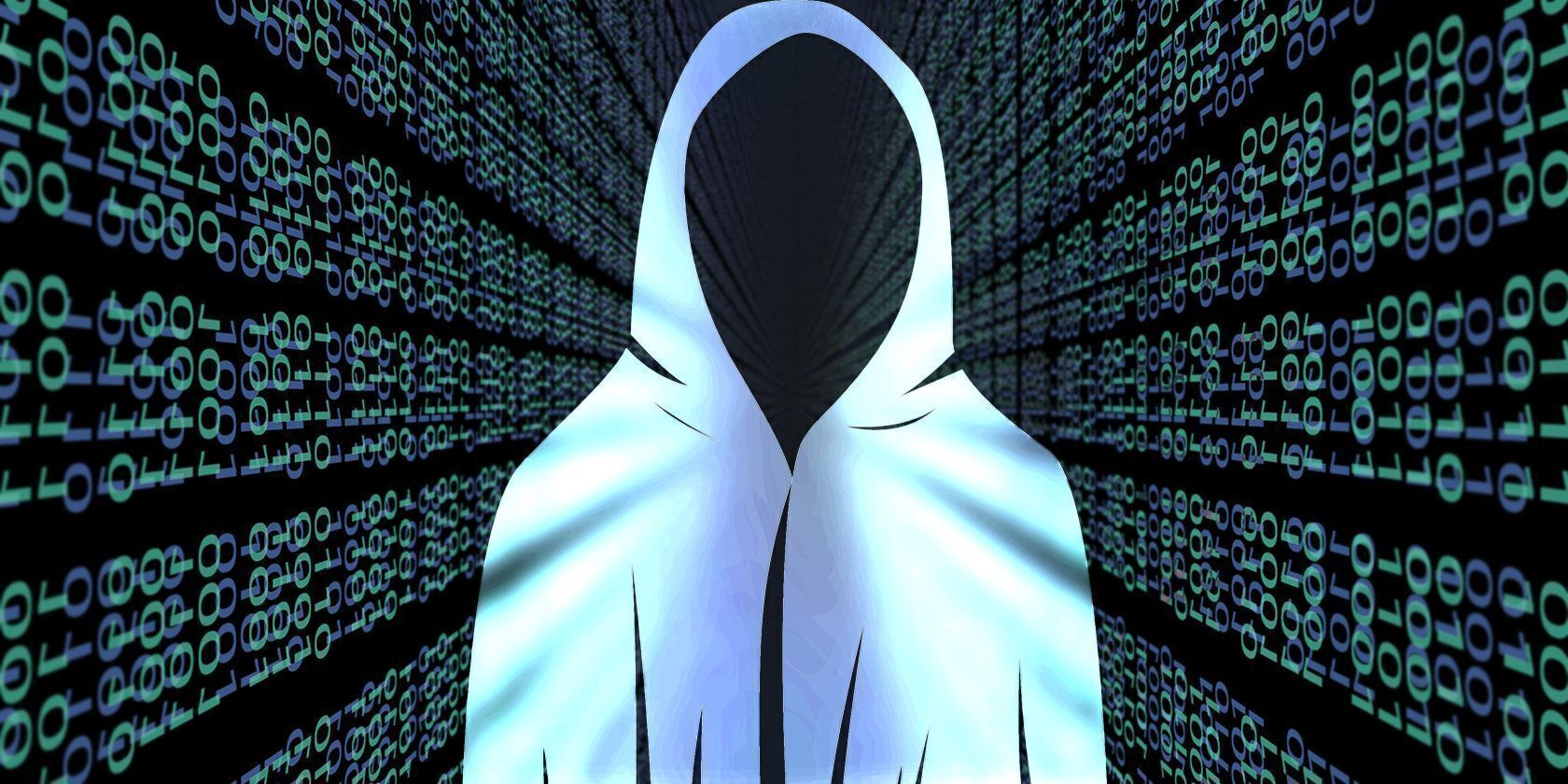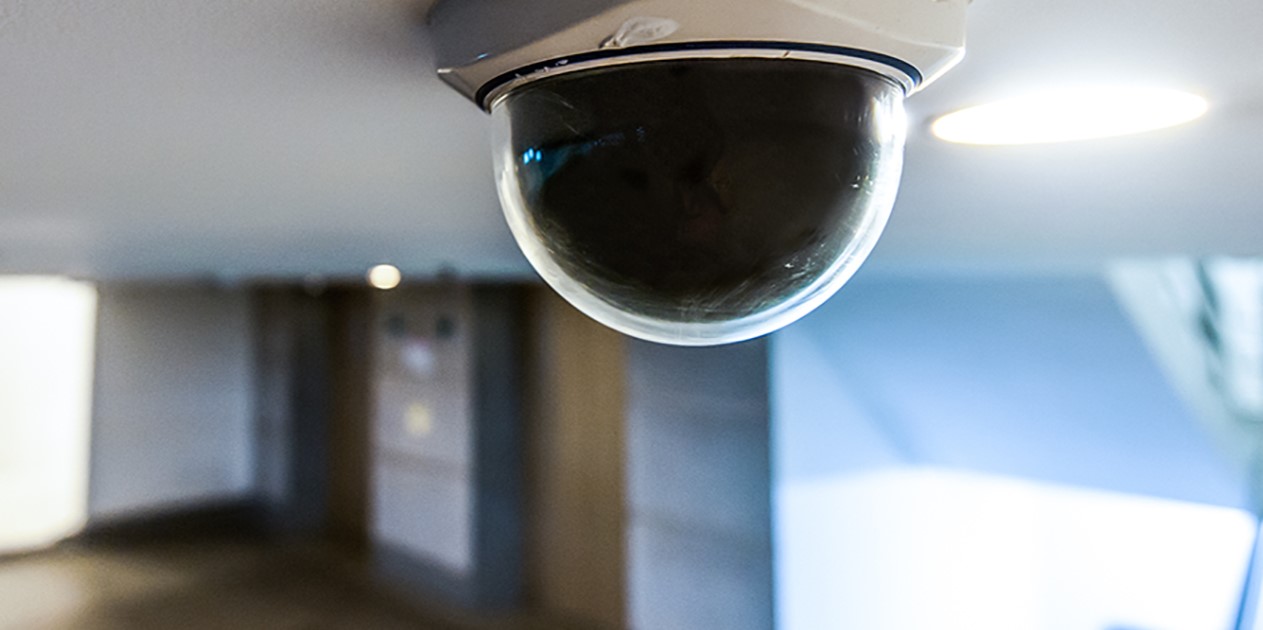
Responsible disclosure is a term that might sound complex, but it’s really about doing the right thing when you find a security flaw. Imagine you’re a detective who uncovers a secret passage in a castle. Instead of shouting it from the rooftops, you quietly inform the castle owner so they can fix it before any bad guys sneak in. This practice helps keep everyone safe online. Responsible disclosure involves reporting vulnerabilities to the right people, giving them time to patch things up before the information goes public. It’s like a superhero move in the digital world, ensuring that the internet remains a safer place for everyone.
What is Responsible Disclosure?
Responsible disclosure is a process where security vulnerabilities are reported to the organization responsible for the software or system. This approach ensures that the issue is addressed before it becomes public knowledge, reducing the risk of exploitation.
-
Responsible disclosure helps protect users by allowing companies to fix vulnerabilities before they are widely known.
-
It encourages a collaborative relationship between security researchers and organizations.
-
Many companies have formal programs to handle responsible disclosure, often called "bug bounty programs."
The Importance of Responsible Disclosure
Understanding why responsible disclosure matters can help appreciate its role in cybersecurity.
-
It minimizes the risk of cyberattacks by ensuring vulnerabilities are patched promptly.
-
Responsible disclosure builds trust between users and organizations, showing a commitment to security.
-
It helps organizations improve their security measures by learning from reported vulnerabilities.
How Responsible Disclosure Works
The process of responsible disclosure involves several steps, each crucial for effective vulnerability management.
-
A security researcher discovers a vulnerability and reports it to the organization privately.
-
The organization acknowledges the report and begins working on a fix.
-
Once a fix is developed, the organization releases an update to address the vulnerability.
-
After the fix is deployed, the researcher may publicly disclose the vulnerability, often with the organization's permission.
Benefits for Security Researchers
Security researchers play a vital role in responsible disclosure, and they often receive various benefits for their efforts.
-
Researchers can earn monetary rewards through bug bounty programs.
-
They gain recognition and credibility within the cybersecurity community.
-
Responsible disclosure provides opportunities for researchers to collaborate with leading tech companies.
Challenges in Responsible Disclosure
Despite its benefits, responsible disclosure comes with its own set of challenges.
-
Organizations may not always respond promptly to vulnerability reports.
-
Some companies might not have a formal process for handling disclosures, leading to frustration for researchers.
-
Legal issues can arise if organizations perceive the researcher's actions as unauthorized access.
Real-World Examples
Looking at real-world examples can highlight the impact of responsible disclosure.
-
In 2016, a Google security researcher discovered a critical vulnerability in Microsoft Windows and reported it privately. Microsoft fixed the issue before it became public.
-
Facebook's bug bounty program has awarded millions of dollars to researchers who responsibly disclosed vulnerabilities, significantly improving the platform's security.
The Final Word on Responsible Disclosure
Responsible disclosure is a cornerstone of cybersecurity. It ensures that vulnerabilities are reported and fixed before malicious actors can exploit them. This practice not only protects users but also builds trust between researchers and organizations. By following responsible disclosure guidelines, everyone benefits from a safer digital environment.
Remember, responsible disclosure isn't just about finding flaws; it's about working together to create solutions. Researchers play a crucial role in identifying issues, while organizations must act swiftly to address them. This collaboration fosters a culture of security and responsibility.
In the end, responsible disclosure is about making the internet a safer place for everyone. Whether you're a researcher or an organization, embracing this practice can lead to significant improvements in cybersecurity. So, let's all do our part to support responsible disclosure and protect our digital world.
Was this page helpful?
Our commitment to delivering trustworthy and engaging content is at the heart of what we do. Each fact on our site is contributed by real users like you, bringing a wealth of diverse insights and information. To ensure the highest standards of accuracy and reliability, our dedicated editors meticulously review each submission. This process guarantees that the facts we share are not only fascinating but also credible. Trust in our commitment to quality and authenticity as you explore and learn with us.


